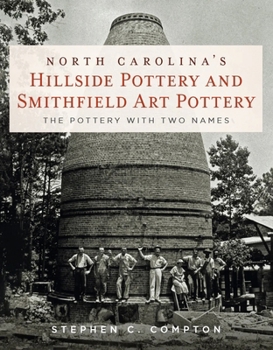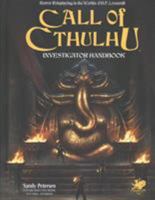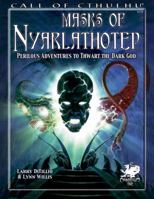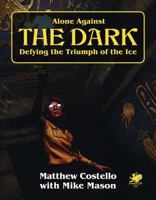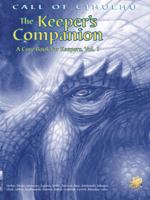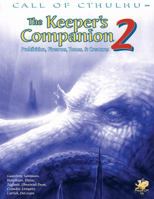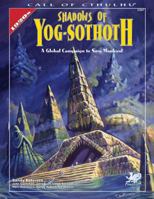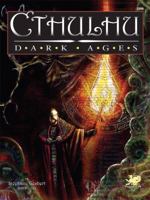North Carolina's Hillside Pottery and Smithfield Art Pottery: The Pottery with Two Names
Select Format
Select Condition 
Book Overview
Hillside Pottery, founded in 1927 by Herman C. Cole and Anna M. Graham, produced quality pottery in North Carolina and gained national recognition.
A clever collaboration between potter, Herman C. Cole, and artist and entrepreneur, Anna M. Graham, led to the creation of Hillside Pottery in 1927. Located along the banks of the Neuse River near Smithfield, in Johnston County, North Carolina, the operation catered to passing motorists on Highway 22 between Northern homes and Florida vacations and to New York and other out-of-state merchants.
Brought up in one of the state's most celebrated pottery-making families, Cole had all the required skills to make quality products while Graham drew sketches of shapes to be completed and found Northern vendors to buy the wares. In addition, Cole called upon some of North Carolina's most talented turners to keep up with customer demand.
By 1931, Hillside's name was changed to Smithfield Art Pottery, making it clear that this was not a jug factory. Additional potters were employed, multiple kilns were constructed, including two enormous bottle kilns, and as many as 2,000 pieces were shipped weekly.
The recent discovery of never-before-published photographs and drawings makes possible the telling of the complete story of the pottery with two names.
A clever collaboration between potter, Herman C. Cole, and artist and entrepreneur, Anna M. Graham, led to the creation of Hillside Pottery in 1927. Located along the banks of the Neuse River near Smithfield, in Johnston County, North Carolina, the operation catered to passing motorists on Highway 22 between Northern homes and Florida vacations and to New York and other out-of-state merchants.
Brought up in one of the state's most celebrated pottery-making families, Cole had all the required skills to make quality products while Graham drew sketches of shapes to be completed and found Northern vendors to buy the wares. In addition, Cole called upon some of North Carolina's most talented turners to keep up with customer demand.
By 1931, Hillside's name was changed to Smithfield Art Pottery, making it clear that this was not a jug factory. Additional potters were employed, multiple kilns were constructed, including two enormous bottle kilns, and as many as 2,000 pieces were shipped weekly.
The recent discovery of never-before-published photographs and drawings makes possible the telling of the complete story of the pottery with two names.
Format:Paperback
Language:English
ISBN:1625451237
ISBN13:9781625451231
Release Date:October 2024
Publisher:America Through Time
Length:128 Pages
Weight:1.20 lbs.
Dimensions:0.4" x 8.4" x 10.7"
You Might Also Enjoy
Customer Reviews
0 customer rating | 0 review
There are currently no reviews. Be the first to review this work.











